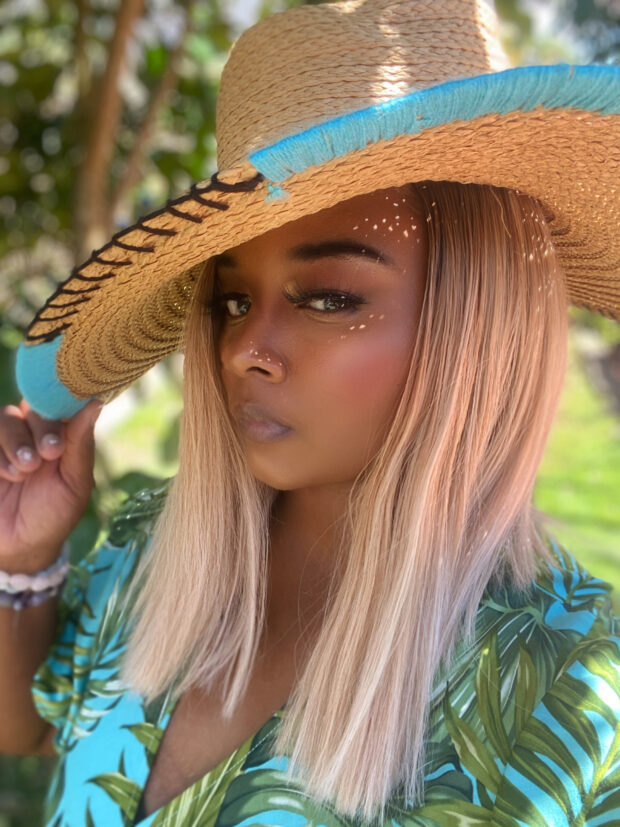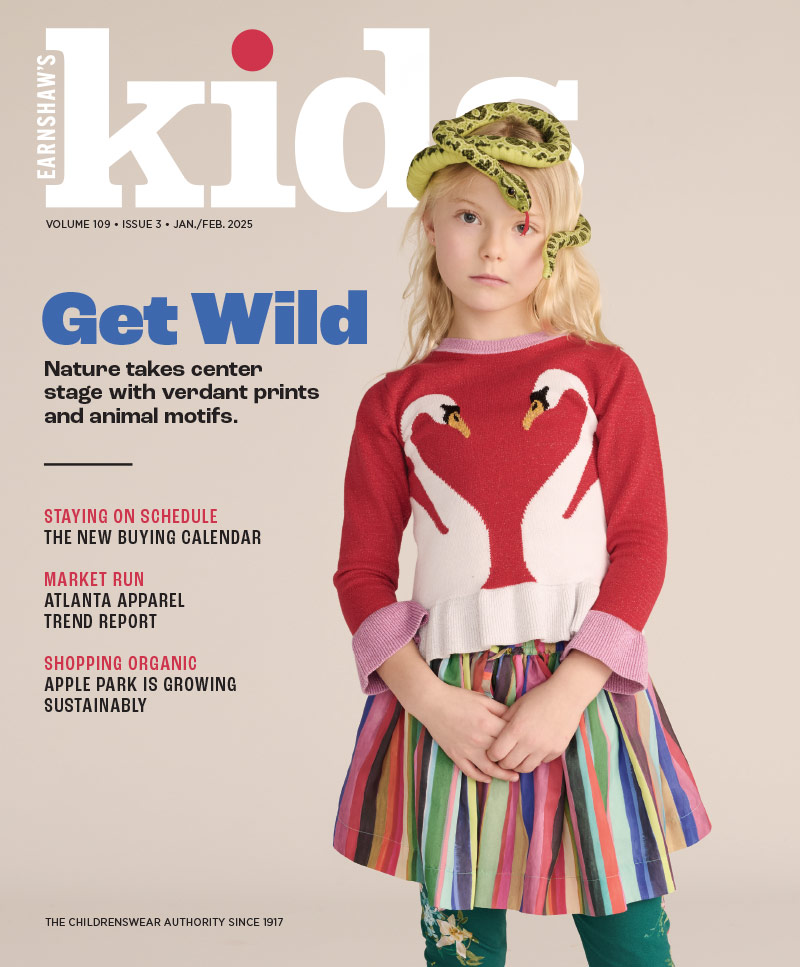In today’s challenging climate, Cora Spearman, owner of Coradorables, emphasizes the importance of patience and perseverance.

Cora Spearman, founder of Coradorables
Cora Spearman is no stranger to tough times.
From walking away from a nearly fatal car accident at nine years old to surviving head, neck and brain cancer as an adult, Spearman has proven her resilience time and again. “Each scar and imperfection are a part of my roadmap, showing how far I’ve come in my life journey,” she says, noting Covid-19 and racism as the next obstacles to overcome. “While I battled cancer, what kept me going was hope,” she says. “When you have hope, anything is possible. Trust me.”
In the fight against racism, what keeps you hopeful? As a cancer survivor, I’m well aware that sometimes you have to go through hard, hard changes before you heal. I see racism as being a type of cancer. You’re not necessarily going to have one quick fix to make it go away. We have to be patient to rid our communal body of racism. And even then, there will be residual damage and growing pains to deal with the new normal. You don’t get rid of cancer by yourself, and it’s going to take everyone to overcome racism.
What actions have you taken to support diversity and inclusivity? I have lived and worked in Korea, Japan, South Africa, Chicago and Washington, D.C. and came from a family of pioneers and activists who were focused on the greater good. Earlier in my life, I worked as a grassroots organizer in Chicago, providing video cameras to young people of color to chronicle their lives. This upbringing, my travels and my experience immersed me in multiculturalism and the belief that all people have more commonalities than differences. I believe it’s best to speak up, and be truthful. Therefore, whenever I make a conscious choice to speak out and take a stance, I am aware of my responsibility to contribute to solutions.
What is Coradorables doing to support the Black Lives Matter movement? We plan to create a story with the brand’s characters. The story will facilitate frank, meaningful conversations with children about all differences—race, culture, sexual orientation, you name it. The characters come from different backgrounds but are bonded by their commonalities: a passion for the beach, their open and accepting natures, their love for each other and their embodiment of the
‘Aloha spirit.’
Regarding the pandemic, how has your business been impacted? Prior to the pandemic, we were on a trajectory of beginning to export to some phenomenal department stores in Japan and about to have pop-ups all over the United States. And then everything, including business prospects for 2021 and 2022, were halted.
What steps have you taken to pivot amid this new normal? I knew Coradorables could fill a niche by creating a high-performance face mask. Rather than creating a mask out of our cotton prints, we used nontraditional textile materials for a breathable, antimicrobial, waterproof design that is comfortable to wear. In addition, we created children’s e-books, featuring our original characters, the Hawaii Transplants. I wanted to show that I’m a good partner, working to help not just our community, but the worldwide community. A mom in Japan will be just as happy to receive our product as a mom in Minnesota.
What advice do you have for fellow entrepreneurs? As black female entrepreneurs, we need to truly live by the idea of sisterhood—really lift our sisters up! As black women, we have to constantly forgive other people for treating us a certain way, but we also have to be patient, forgive ourselves and allow ourselves the space to not always be strong.
What is your biggest takeaway from all this? That we need to remember who we are as human beings. We all have a common desire for food, shelter and to take care of our families. We have to have empathy, respect, understanding and be patient with ourselves as well as with other people. We need to be willing to forgive ourselves and others and to not be afraid to have the hard conversations.



Leave a Comment: